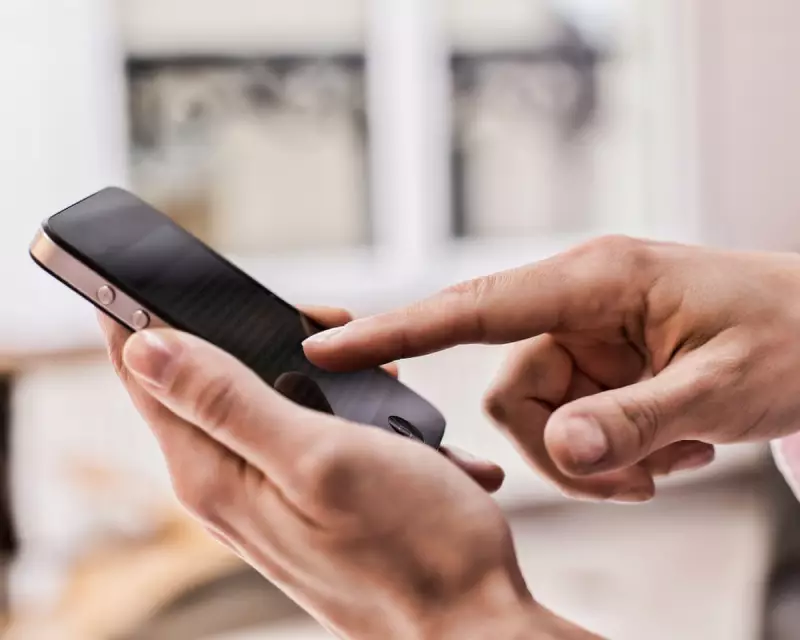
In a decisive move against the rising tide of telephone fraud, Britain's leading mobile networks have forged an unprecedented alliance to tackle the scourge of number spoofing that has plagued consumers nationwide.
The New Defence Against Deception
Vodafone, Virgin Media O2, Three, and EE have collectively committed to implementing sophisticated authentication technology that will verify whether calls genuinely originate from the numbers they display. This system aims to shut down the practice of 'number spoofing', where fraudsters manipulate caller ID to appear as legitimate organisations like banks, government agencies, or even personal contacts.
How the Protection Works
The new security framework operates through several key mechanisms:
- Caller Line Identity (CLI) authentication to validate genuine numbers
- Real-time verification systems that cross-reference calling numbers
- Automatic flagging of suspicious calls before they reach consumers
- Industry-wide cooperation ensuring consistent protection across networks
The Scale of the Problem
Number spoofing has become a primary weapon for fraudsters, with Ofcom revealing that fake calls cost UK consumers millions annually. Research indicates that nearly two-thirds of adults have received suspicious calls where the displayed number appeared fraudulent.
"Criminals have been exploiting this loophole for too long, pretending to be from banks, HMRC, or even family members in distress," explained a telecommunications security expert. "This new agreement represents the most significant step forward in call authentication we've seen in the UK."
Implementation Timeline
The rollout will occur in phases throughout 2025 and 2026, with:
- Initial testing phases beginning in early 2025
- Gradual implementation across all major networks
- Full deployment expected by mid-2026
- Ongoing monitoring and system improvements
Consumer Impact and Protection
For ordinary phone users, the changes will work silently in the background. Legitimate calls will connect normally, while suspicious calls may be blocked entirely or come with warning notifications. The system is designed to be seamless for genuine callers while creating significant barriers for fraudsters.
This coordinated action follows mounting pressure from consumer groups and government agencies demanding stronger protections against phone-based fraud, which has become increasingly sophisticated in recent years.
The agreement represents a rare moment of industry-wide cooperation in the competitive telecommunications sector, demonstrating the severity of the fraud problem and the collective commitment to consumer protection.





